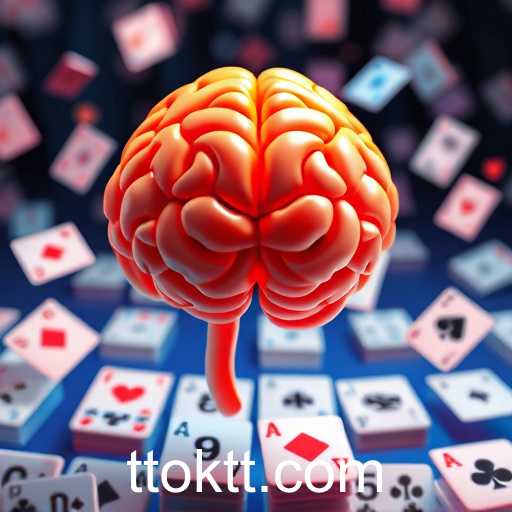In our fast-paced digital world, where information flows freely and attention spans are constantly challenged, maintaining a sharp memory and cognitive flexibility is more important than ever. Memory games, a popular category on websites with the keyword 'oktt', offer a perfect blend of entertainment and cognitive enhancement for users of all ages. These games not only provide a fun pastime but also serve as powerful tools for boosting brain function and overall mental acuity.
Memory games come in various forms, from classic card-matching games to more complex puzzles and sequence memorization tasks. Each type of game targets different aspects of memory and cognition. For instance, card-matching games improve short-term memory and pattern recognition by requiring players to remember the location of cards to make pairs. Sequence puzzles, on the other hand, enhance sequential thinking and long-term memory by challenging players to recall and execute a series of steps or patterns correctly.
Scientific studies have shown that regularly engaging in memory games can lead to measurable improvements in cognitive abilities. These improvements extend beyond simple recall and can influence problem-solving skills, attention to detail, and even processing speed. For children, these games can aid in the development of foundational learning abilities, while adults can benefit from maintaining sharp cognitive function and potentially reducing the risk of memory-related illnesses as they age.
Beyond the individual cognitive benefits, memory games also offer social advantages. Many of these games are designed for multiplayer interaction, fostering social connections and encouraging collaborative problem-solving. Whether played with family, friends, or online opponents, memory games provide a platform for social engagement, which is crucial for mental health and emotional well-being.
As digital platforms continue to evolve, the presentation and mechanics of memory games are also advancing. Developers are experimenting with augmented reality (AR) and virtual reality (VR) to create more immersive and stimulating experiences. These technologies have the potential to enrich the educational value and appeal of memory games, making them even more effective tools for brain training.
In summary, memory games are more than just a category on gaming websites; they are invaluable resources for enhancing mental faculties and fostering social interaction. For individuals seeking both entertainment and personal development, memory games represent an ideal choice. As the digital landscape continues to grow, so too will the opportunities for memory games to innovate and make a significant impact on cognitive health.








